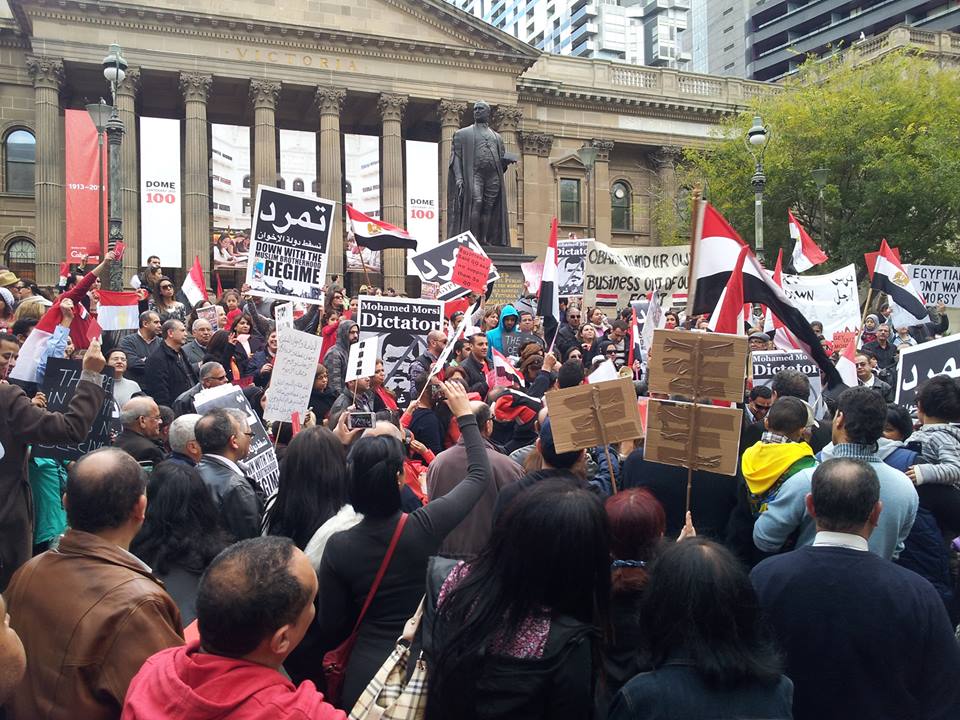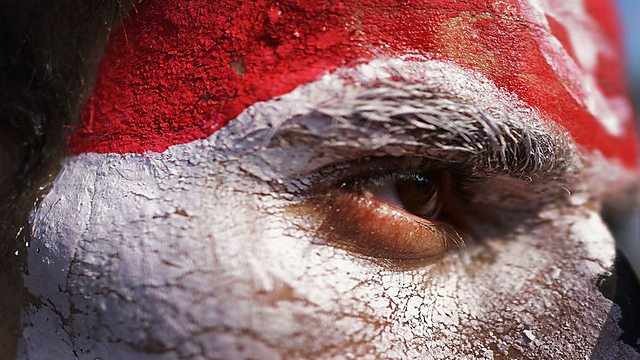No two Egyptians are exactly alike.
By Daniel Nour, contributor, EgyptianStreets.com
The dark skinned Nubian beauties of Edfu and Karnak aren’t the same as those pale Cairean women swishing around their tiled apartments. The Shubra taxi driver smoking behind the wheel is not the same as farmer from the Delta sipping tea in the square after a long day. Copts in a church in Nag Hamadi do not look like Copts in a Mall in Mohandeseen. The Brotherhood do not sound like Secular-Liberals. Muslims and Christians disagree on a couple of things.
Are any of these people more Egyptian than others? I’m not sure. But I do know that they, all of them, probably think of themselves as “Egyptian.”
And this presents us with a little problem, doesn’t it? What makes someone Egyptian? Is it a series of criteria? A certain level of proficiency with the language? Knowledge of the pop-culture? Or is it some vague, indefinable ‘feel’ of the person, some other, less distinct quality? I’m not completely sure.
But I also know that, my “Egyptianess” is inescapable. That’s surprising, because I’ve lived most of my life in Sydney, Australia, and I’ve been to Masr twice, ever, and yet, there it is, Egypt is a part of me.
Sometimes I try to play it down, I force myself to seem less interested in a conversation than I really am (Egyptians need to know stuff), less excited than I really am (Egyptians can be very enthusiastic), less sensitive (It’s too easy to get a rise out of an Egyptian), less eager (Egyptians genuinely like to help people), and less vain (we like haircuts and mirrors).
It makes me self-conscious sometimes, my unique set of cultural hang ups, my particular collection of manners. I am different, and I’ll never fit it until I’m back home, and even then, I won’t fit in. I resent Egypt, and I long for Egypt.

Though I haven’t really sacrificed for it, to say the very least, I really want it to succeed. I really want to see a country of equality, and fairness, with no respect of persons, where nobody is thrown under the bus.
I still feel like Egyptian novelist Ahdaf Soeuif did at the start of the protests, that “I need to keep my concentration trained on this baby, this newborn revolution – I need to hold it safe in my mind and my heart every second – until it grows and steadies a bit.”
And for all of that, I do think there are some things which are not Egyptian.
Like, when you court the police and the army though you claimed to be in it for the people, when you sow sectarianism to improve your image, when you crack down on minorities, or protestors, under the guise of “protecting civil peace.” Every ruling party of the last two years: Mubarak, Mursi and Sisi, have been guilty of these heinous crimes against our revolution.
The Brotherhood may have failed Egypt, but so has the Military, and so have Secular-Liberals. We believed the lie that my was ours, that my particular set of policies mattered most, my party was our country. There was never enough real debate, no real dialogue. You were concerned about your Egypt, and our Egypt fell.
This is a terrible shame, but it can’t last. It hasn’t in the past, and it won’t now. Governments which compromise this Egyptianess leave, while those that honour it stay. The Ptolemies thrived, because they became Egyptian; Napoleon didn’t, because he couldn’t. The Hyskos left because they exploited Egypt; the Nubian Kings stayed because they valued it. The Ottomans fled because they doubted it; Nasser was received with open embrace because he believed in it.
So then, there are at least a couple of things which seem undeniably Egyptian: sacrificing your interests for Egypt makes you Egyptian, an open heart and an open mind keep you Egyptian, trusting that you can have Egypt without losing equality, fairness and transparency, that Egypt deserves all of this- that’s Egyptian.
In the end, different as we might be, we all have to share her.
Click here to visit Daniel Nour’s personal blog.







Comments (20)
[…] Via: Egyptian Streets […]
Reblogged this on Oyia Brown.